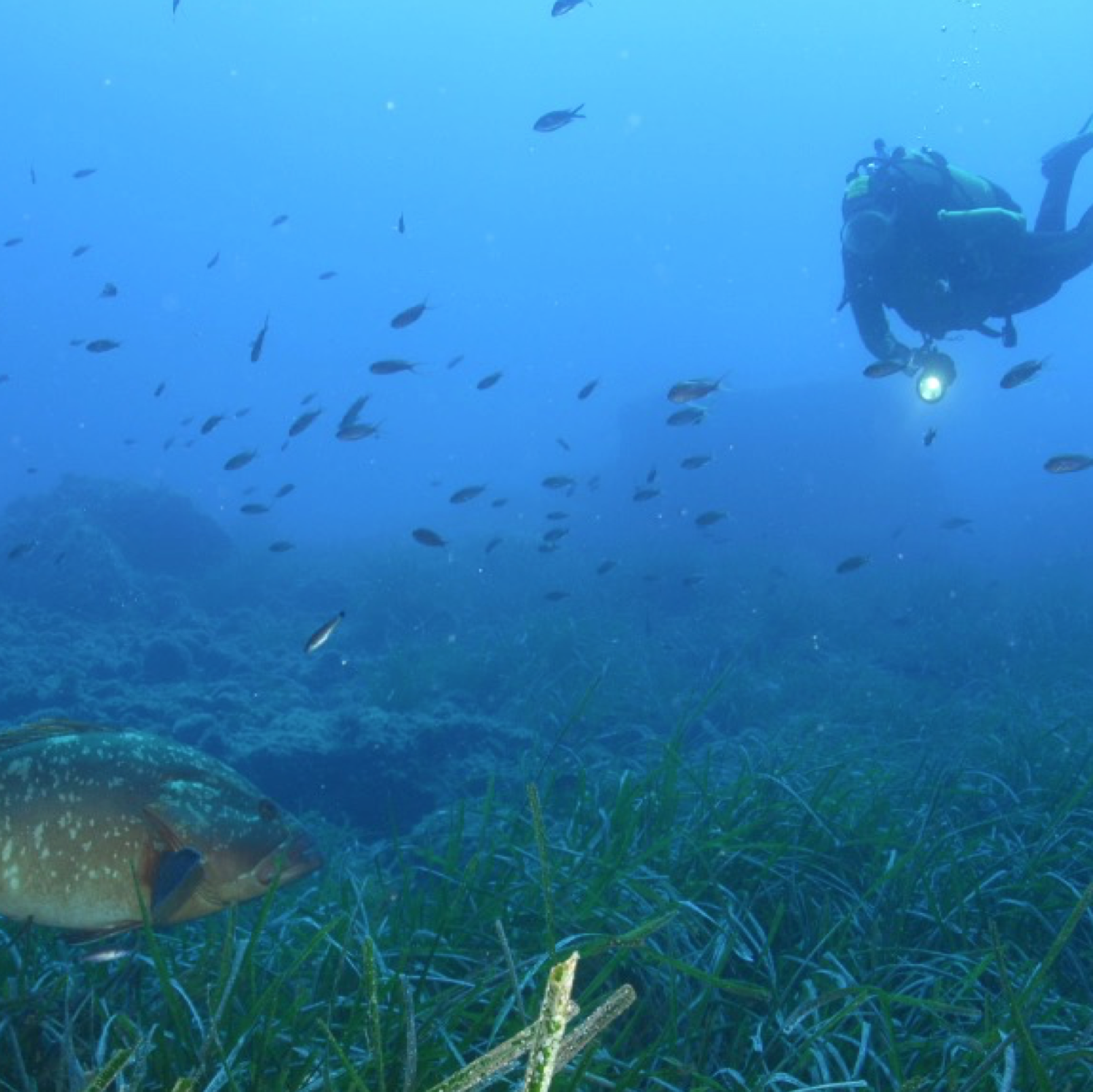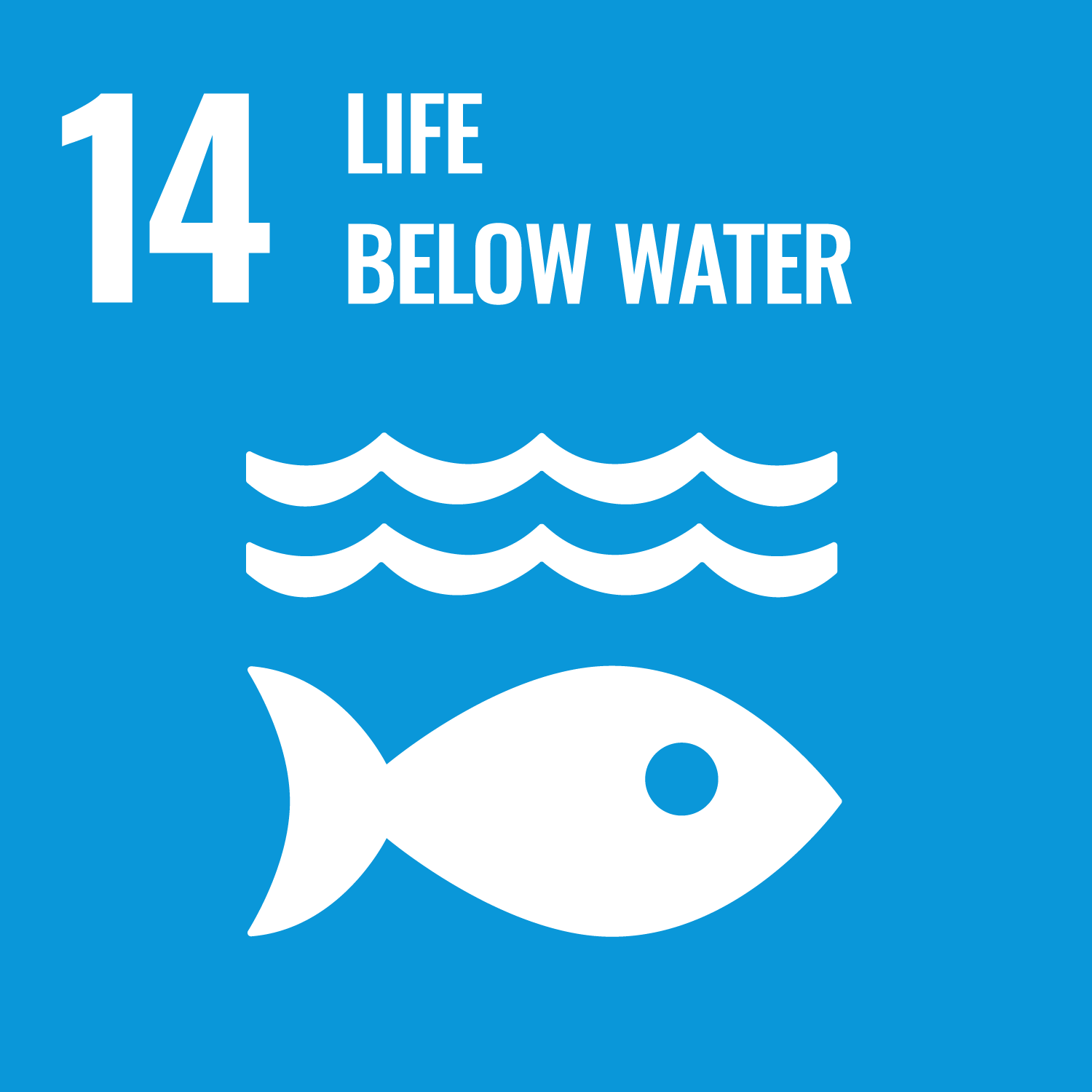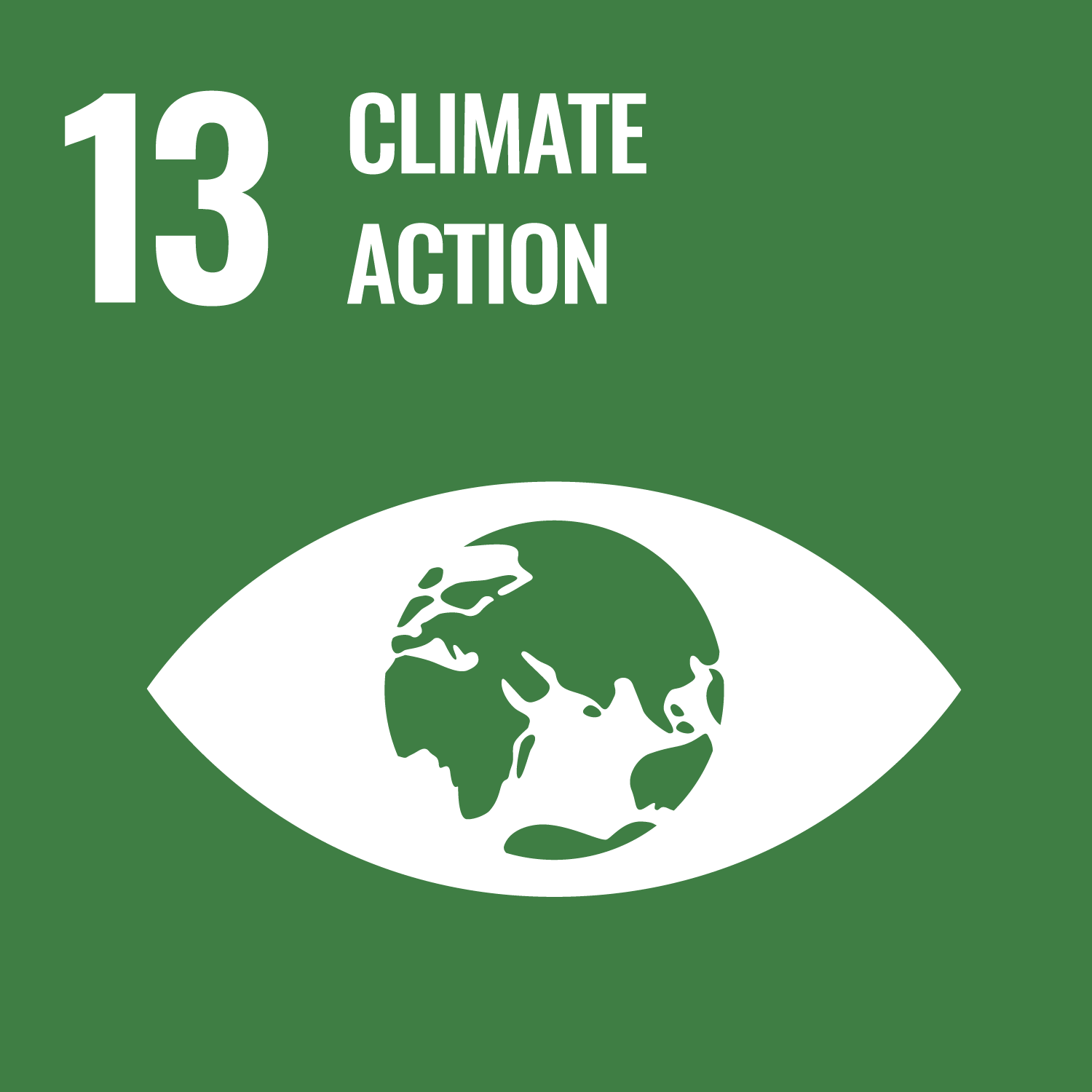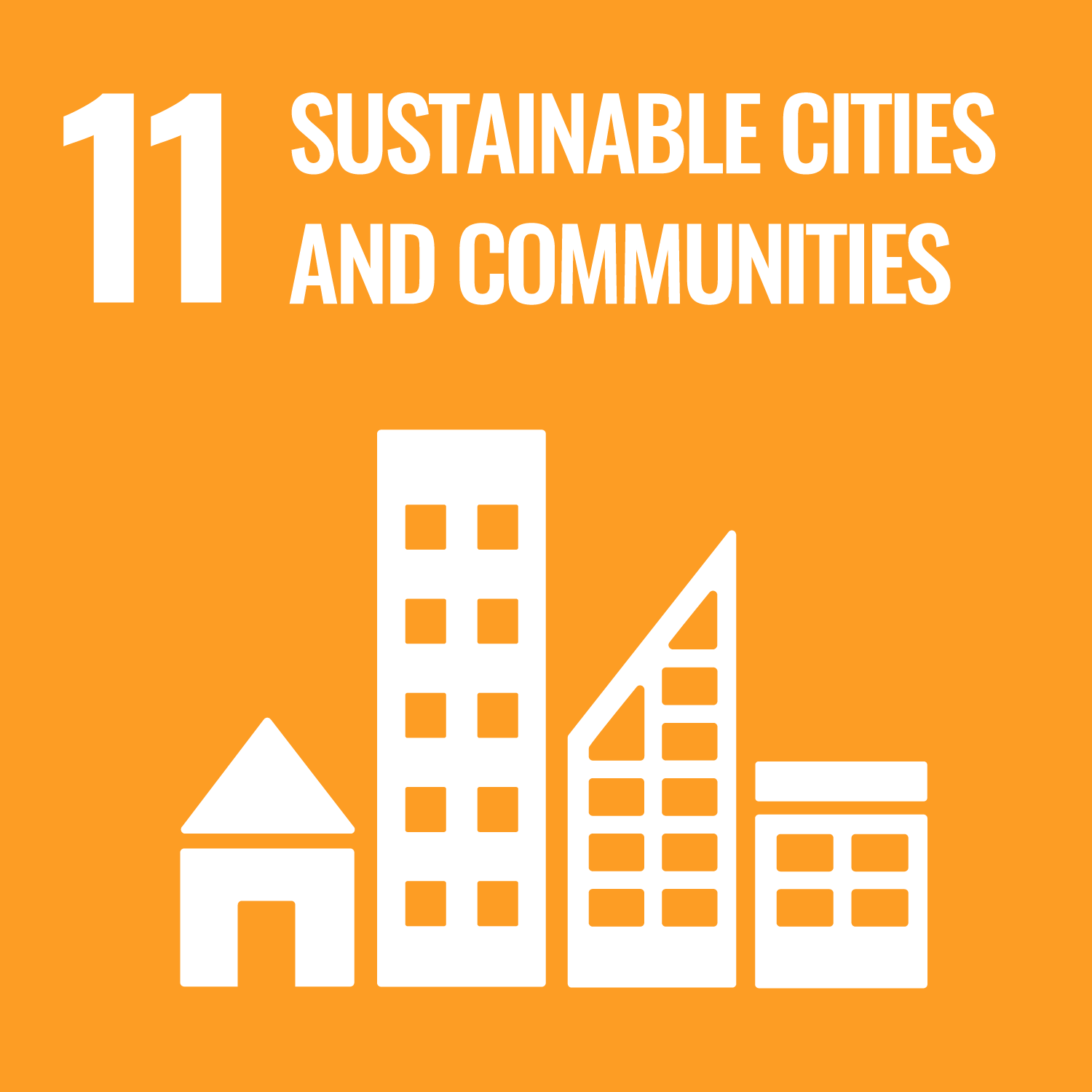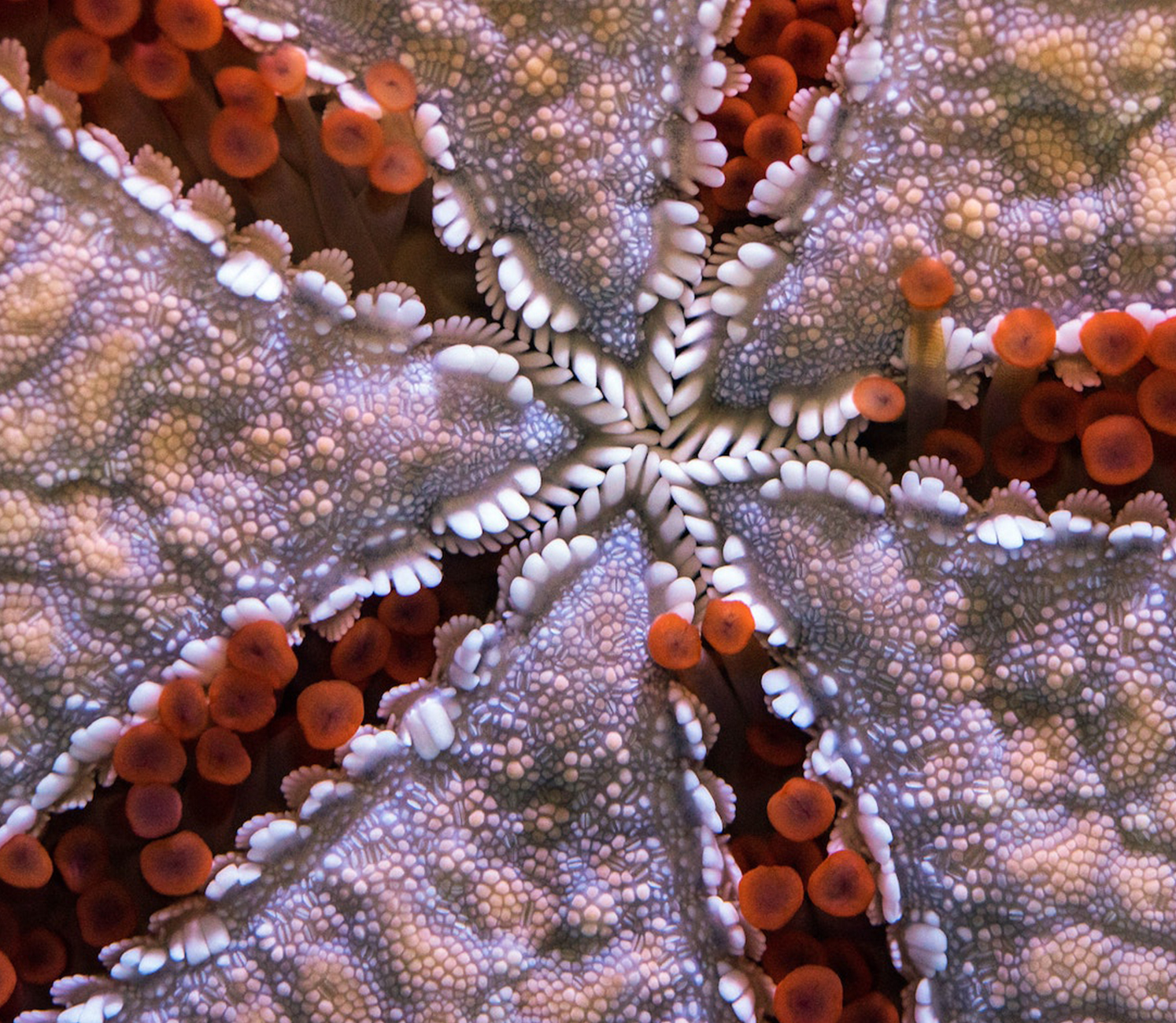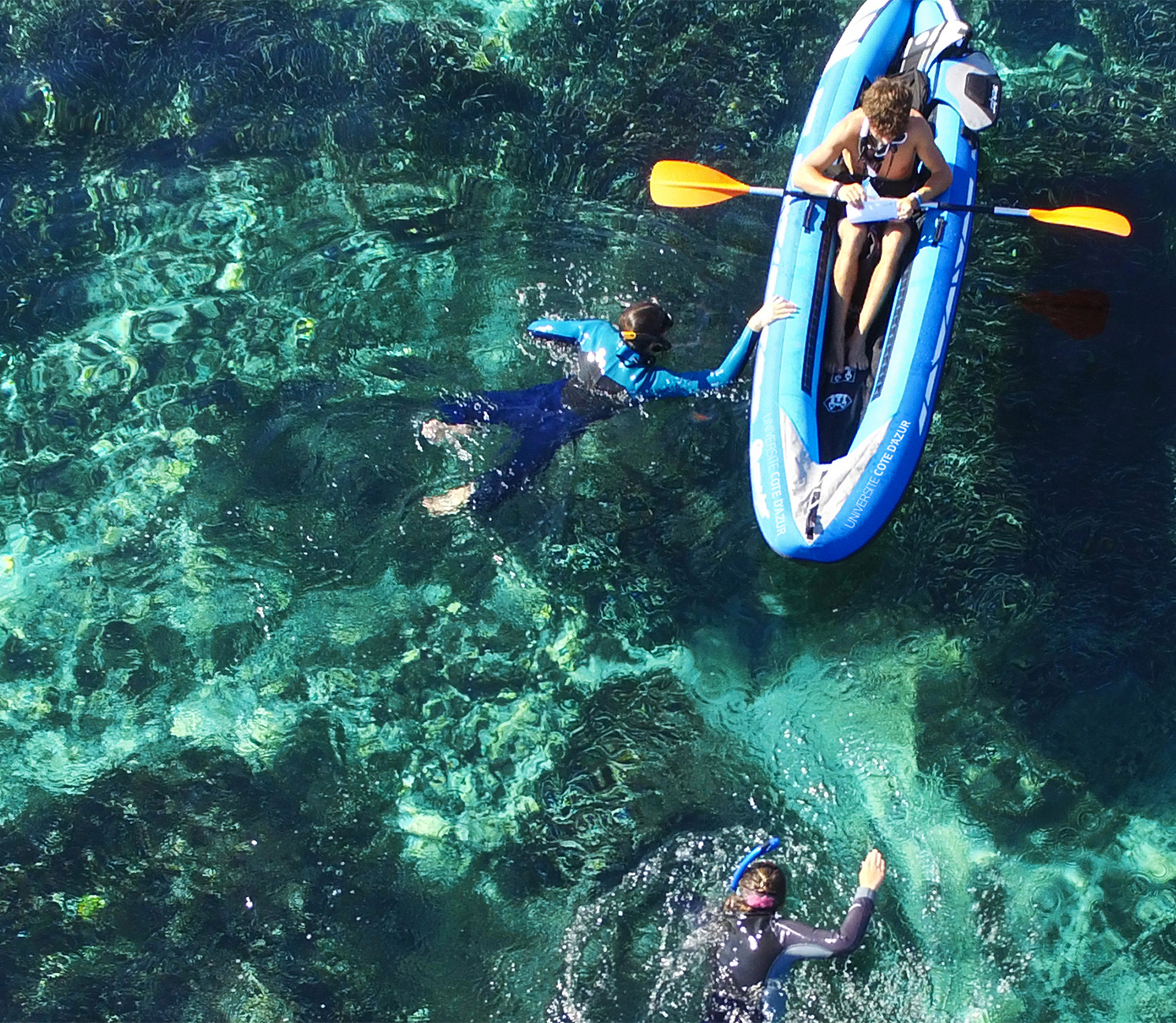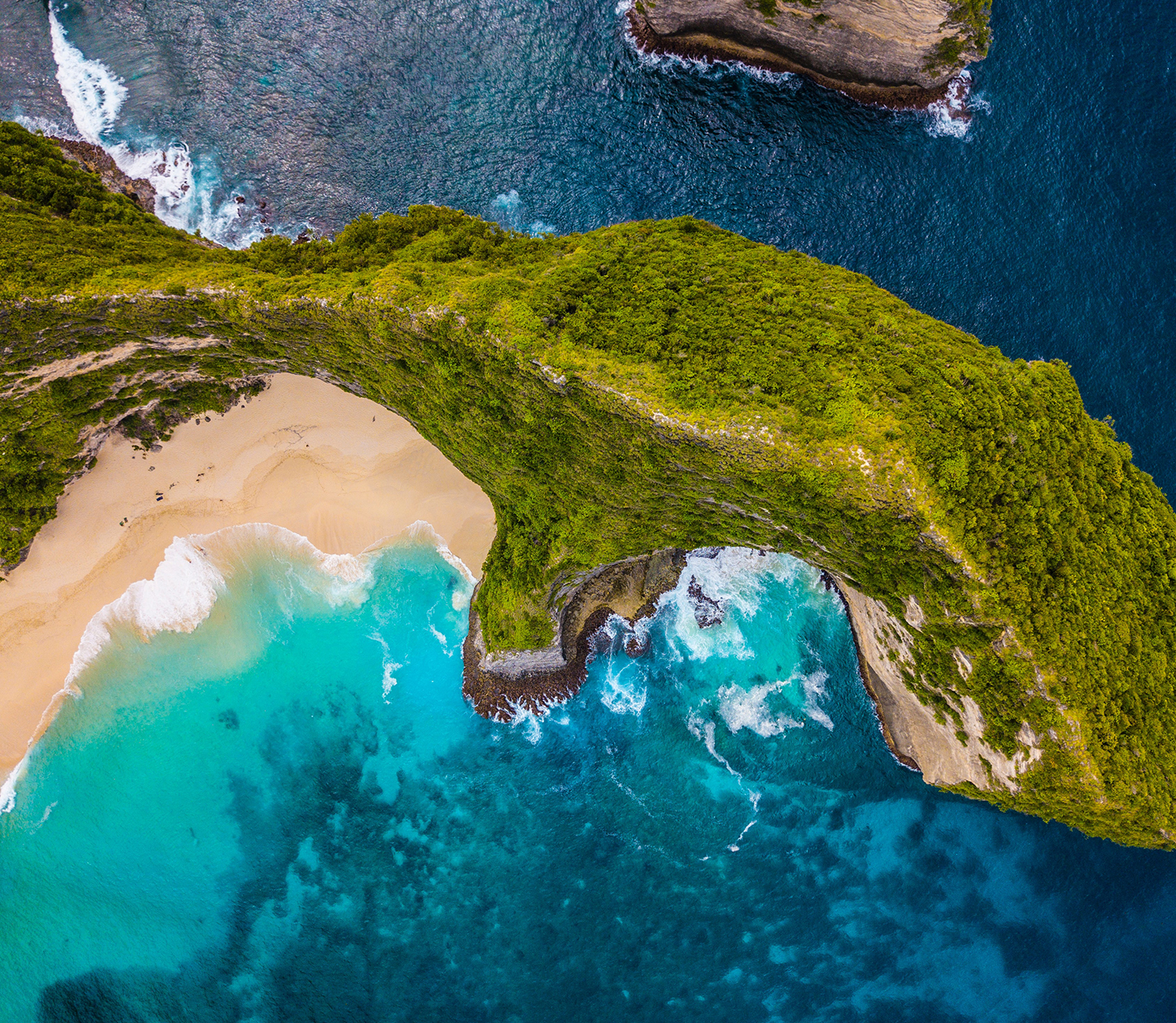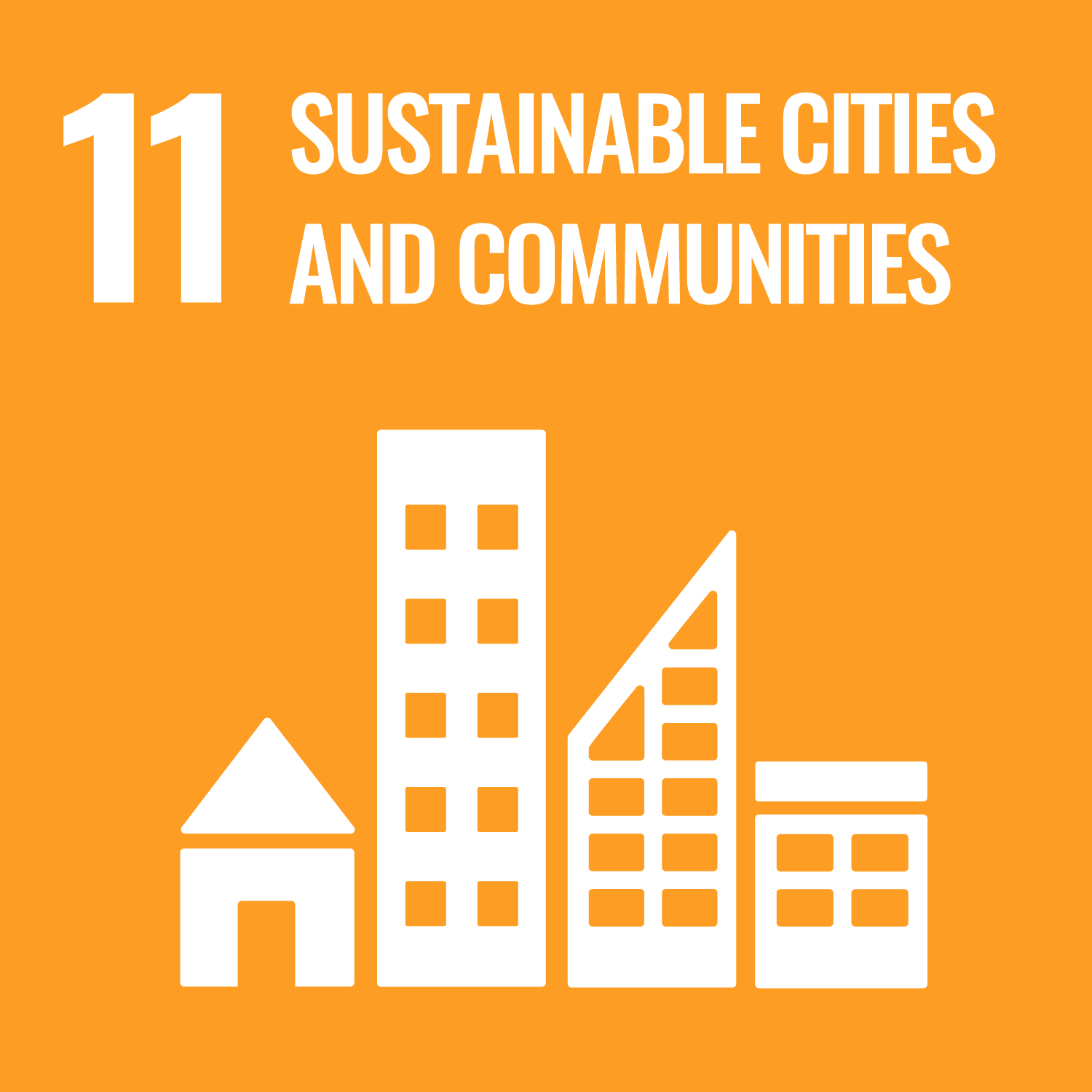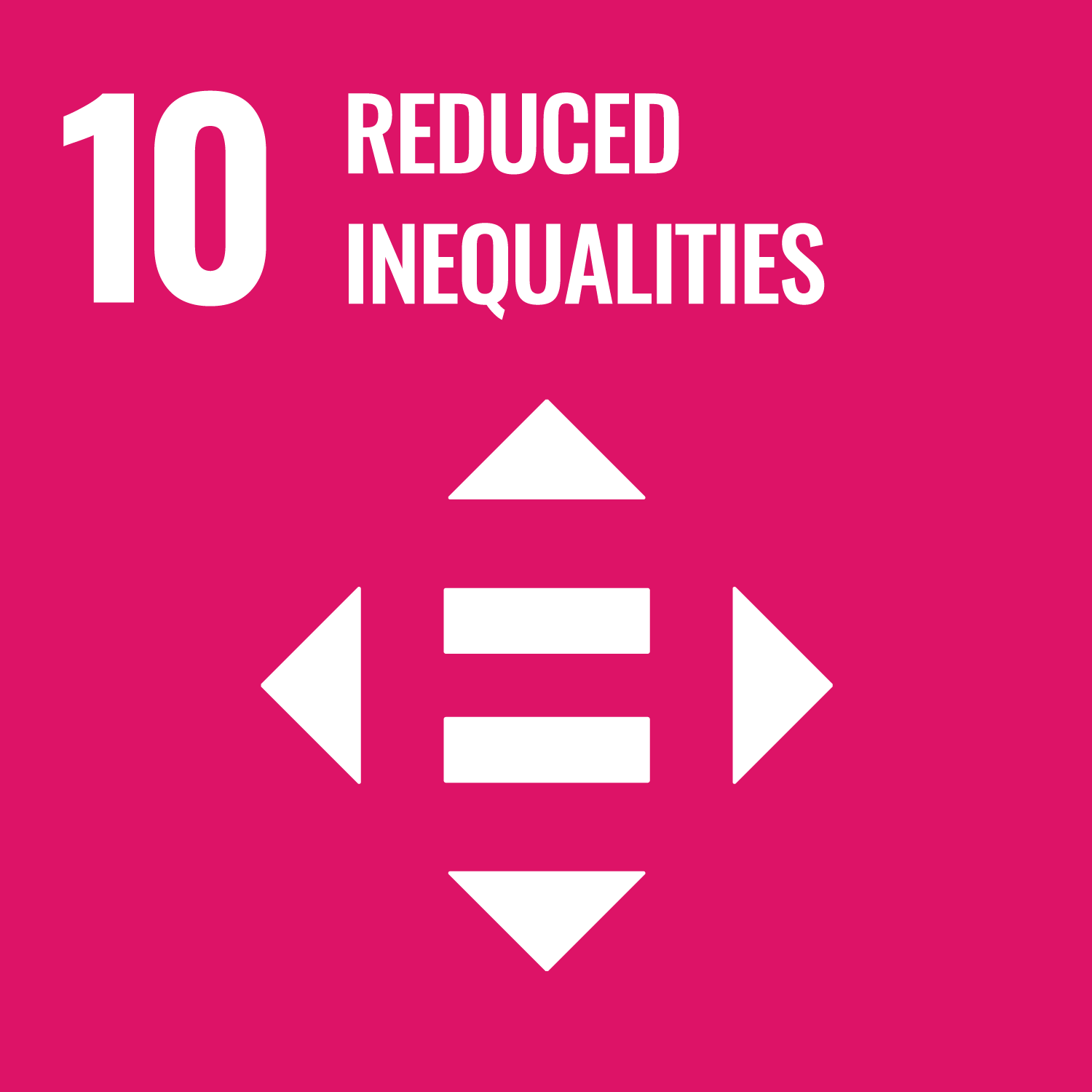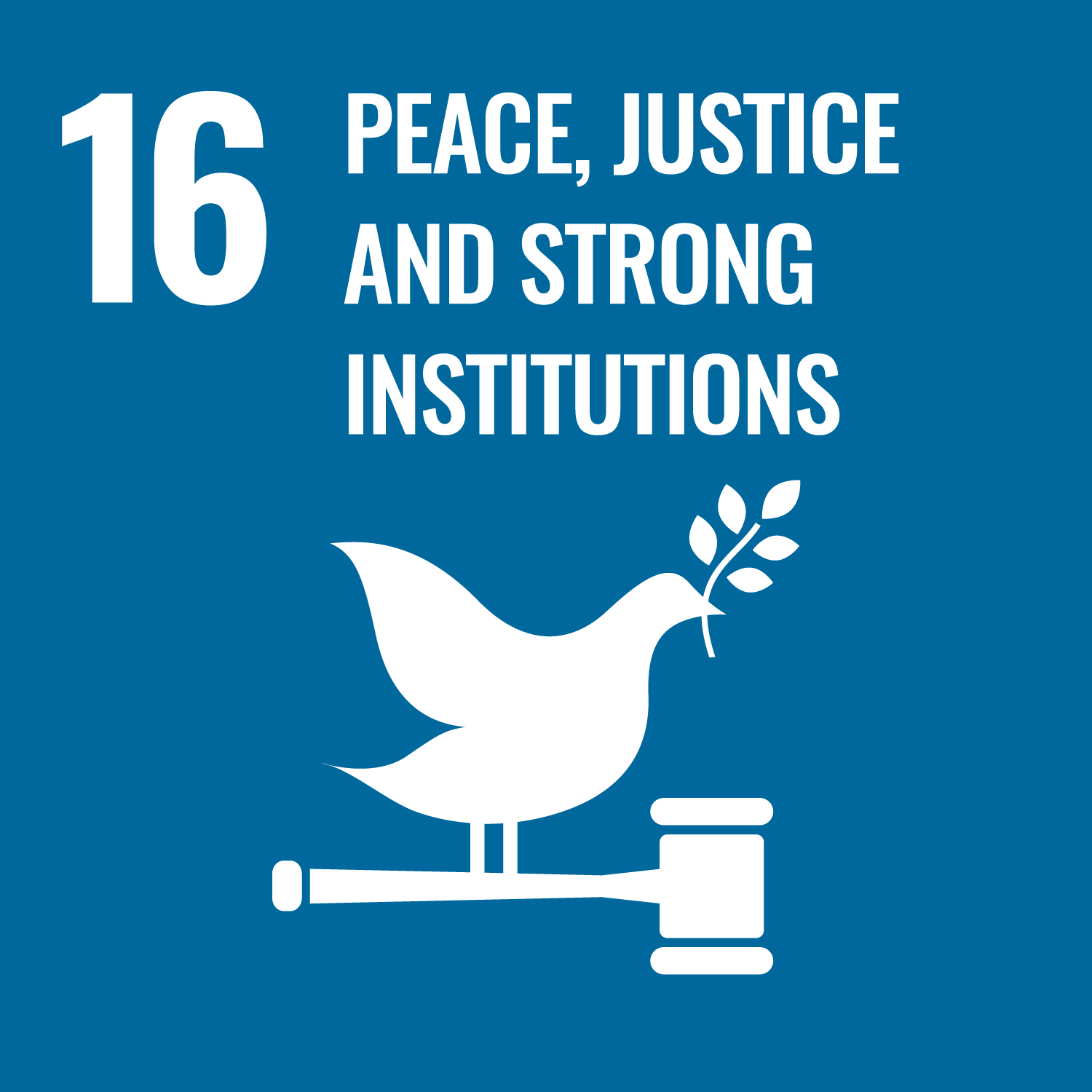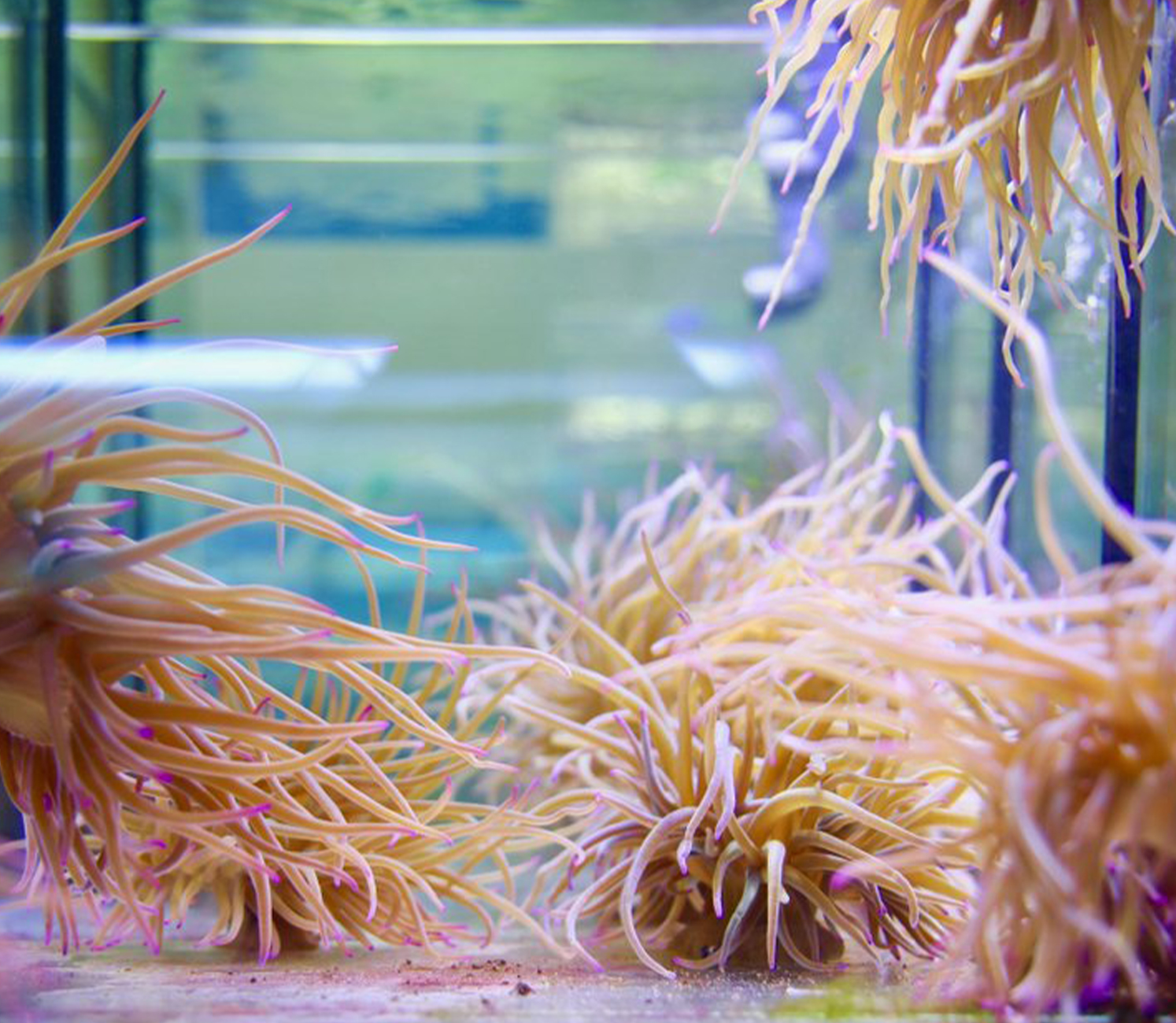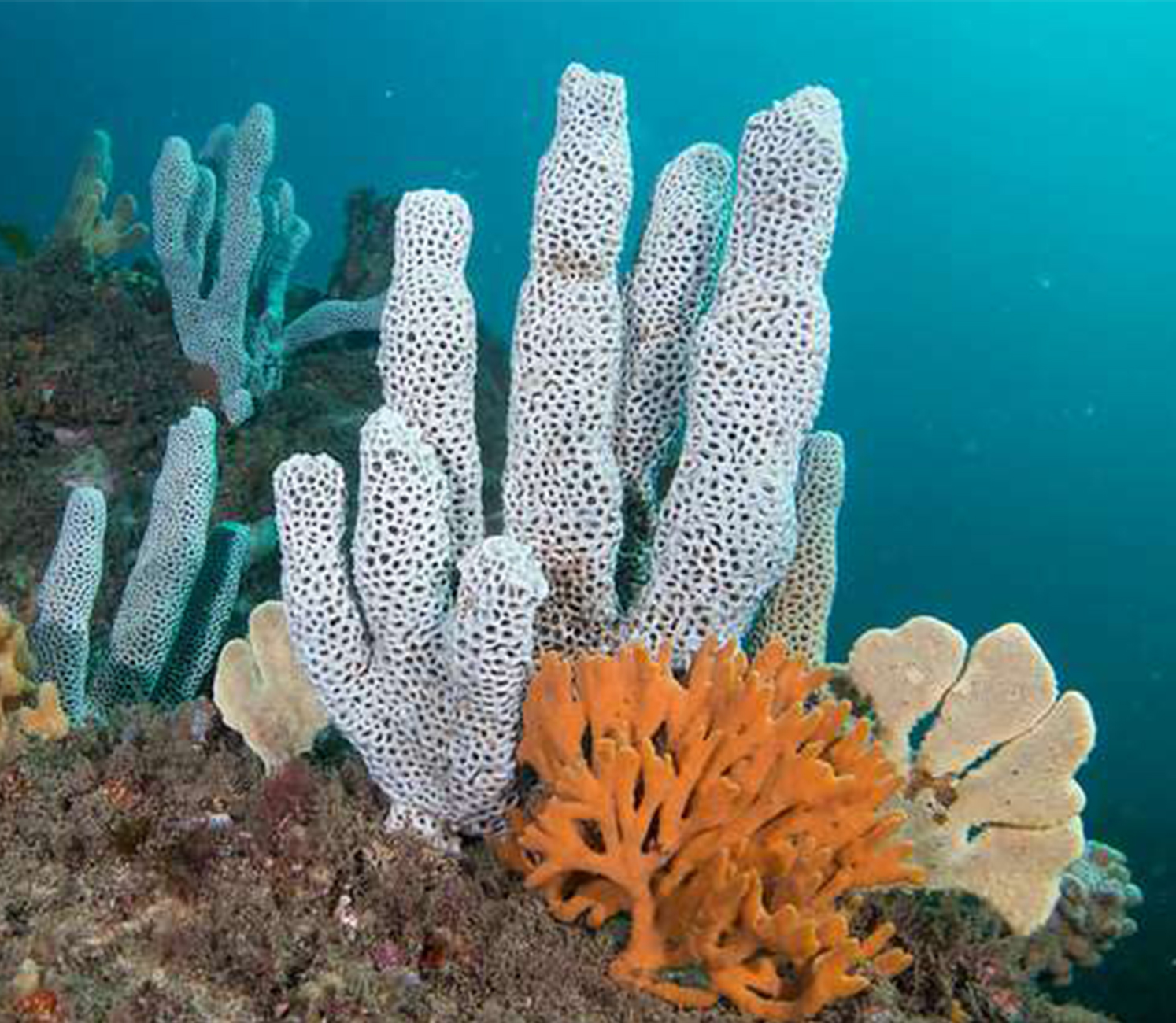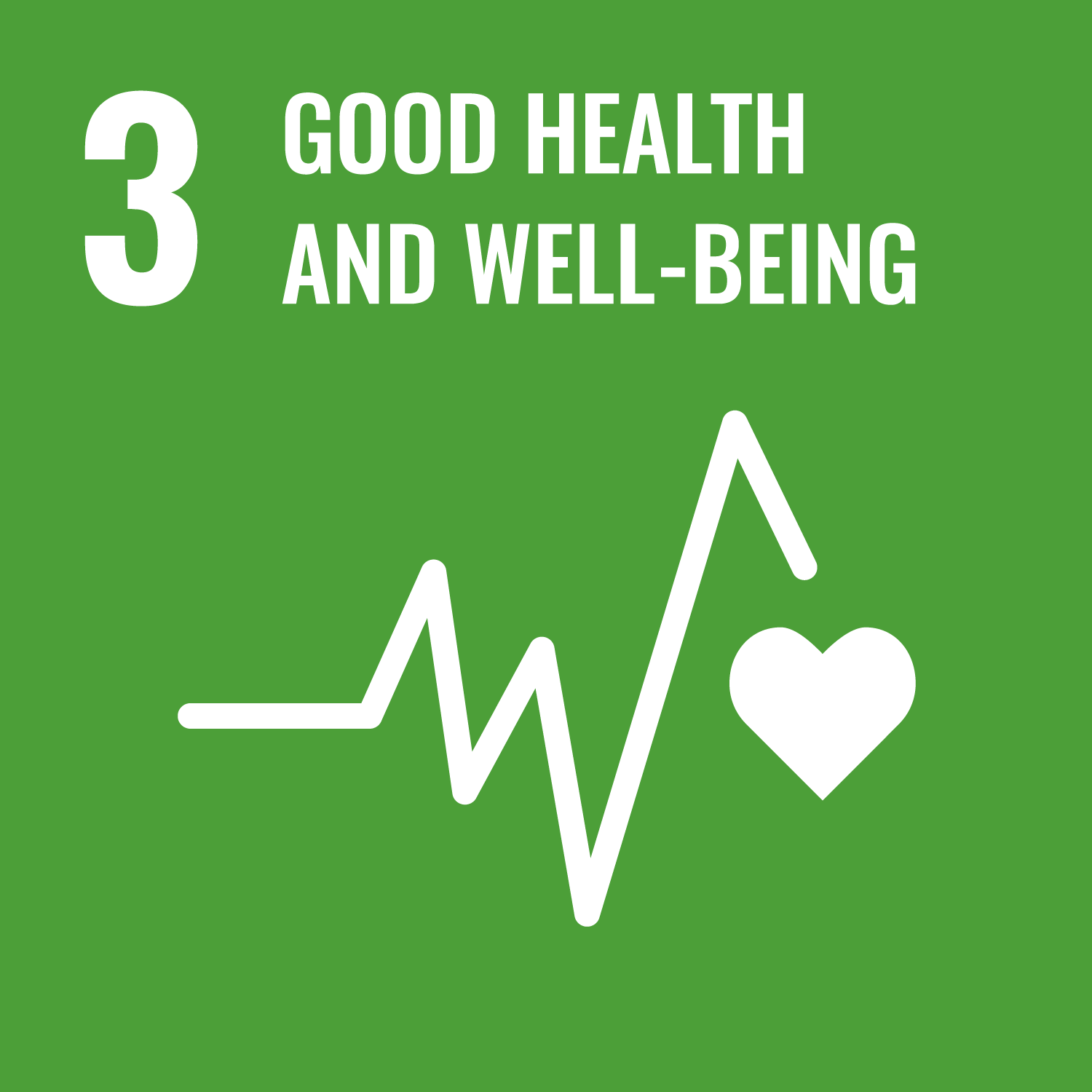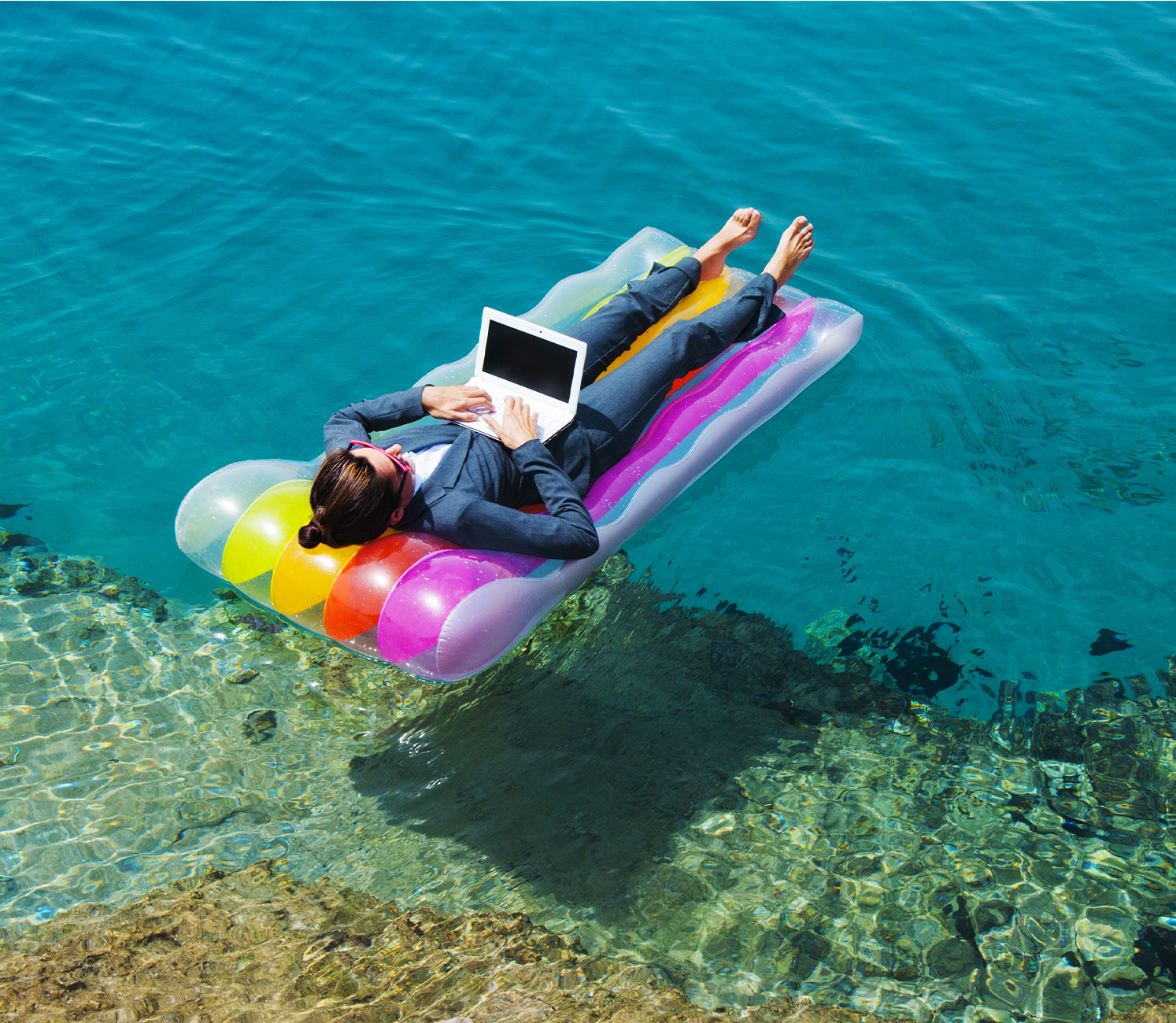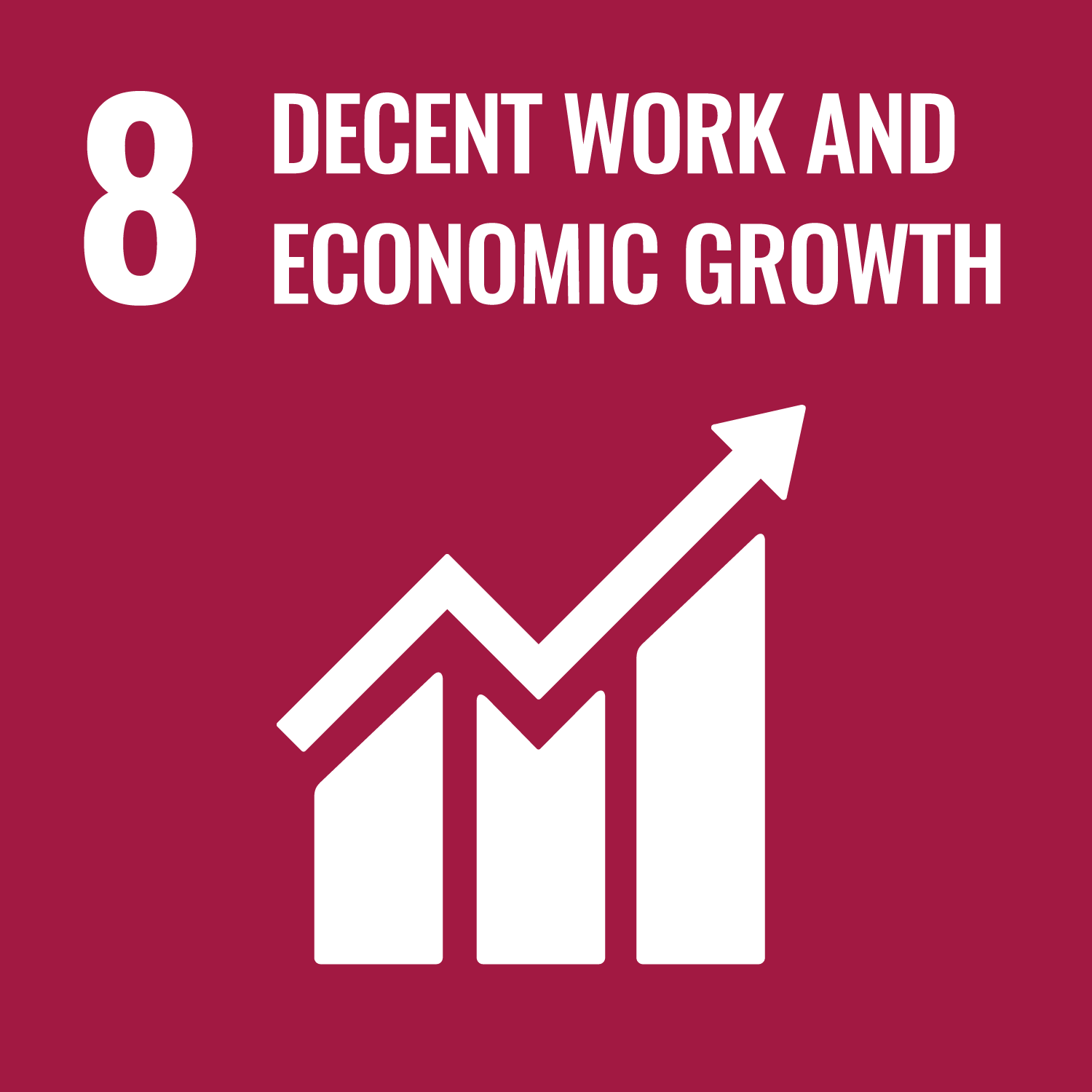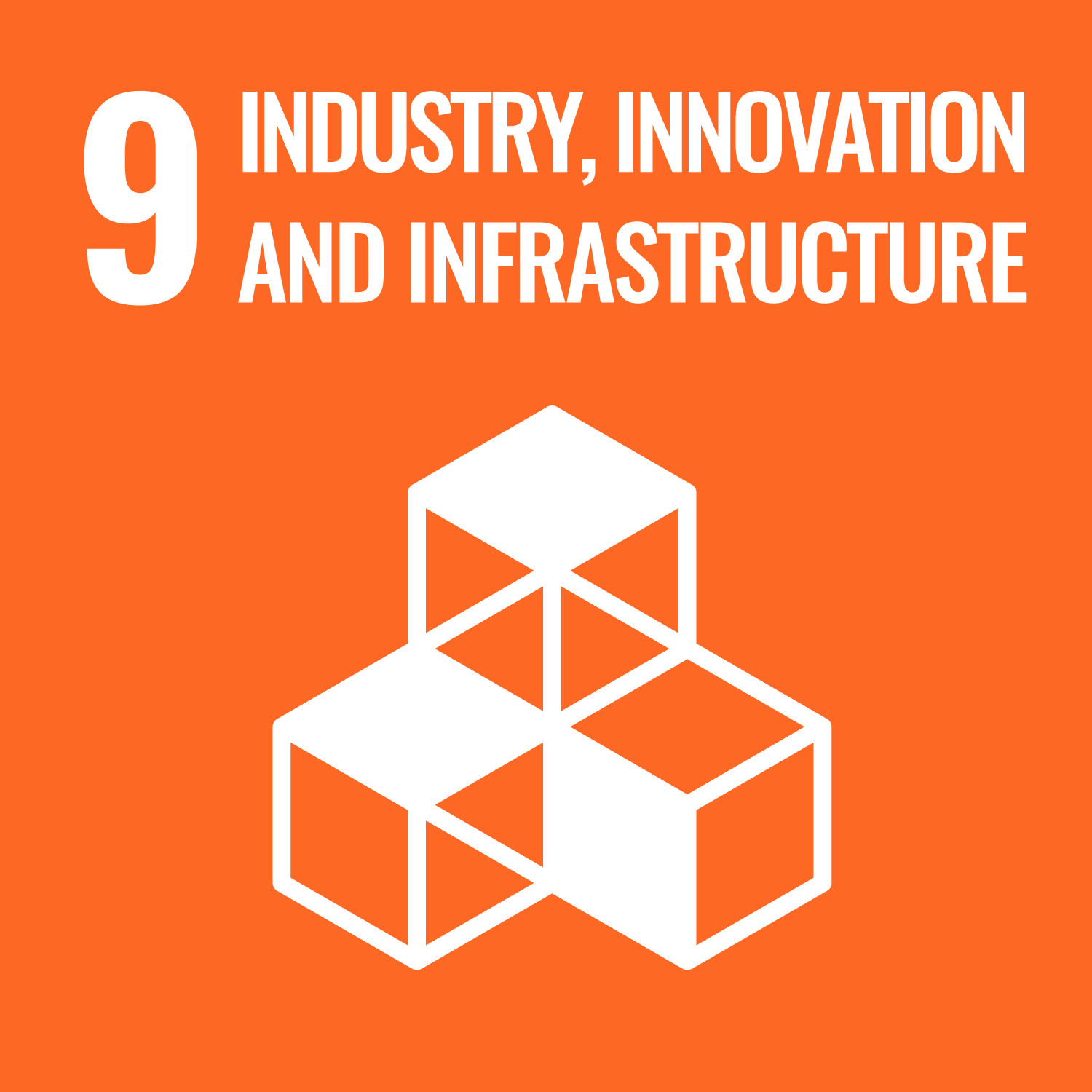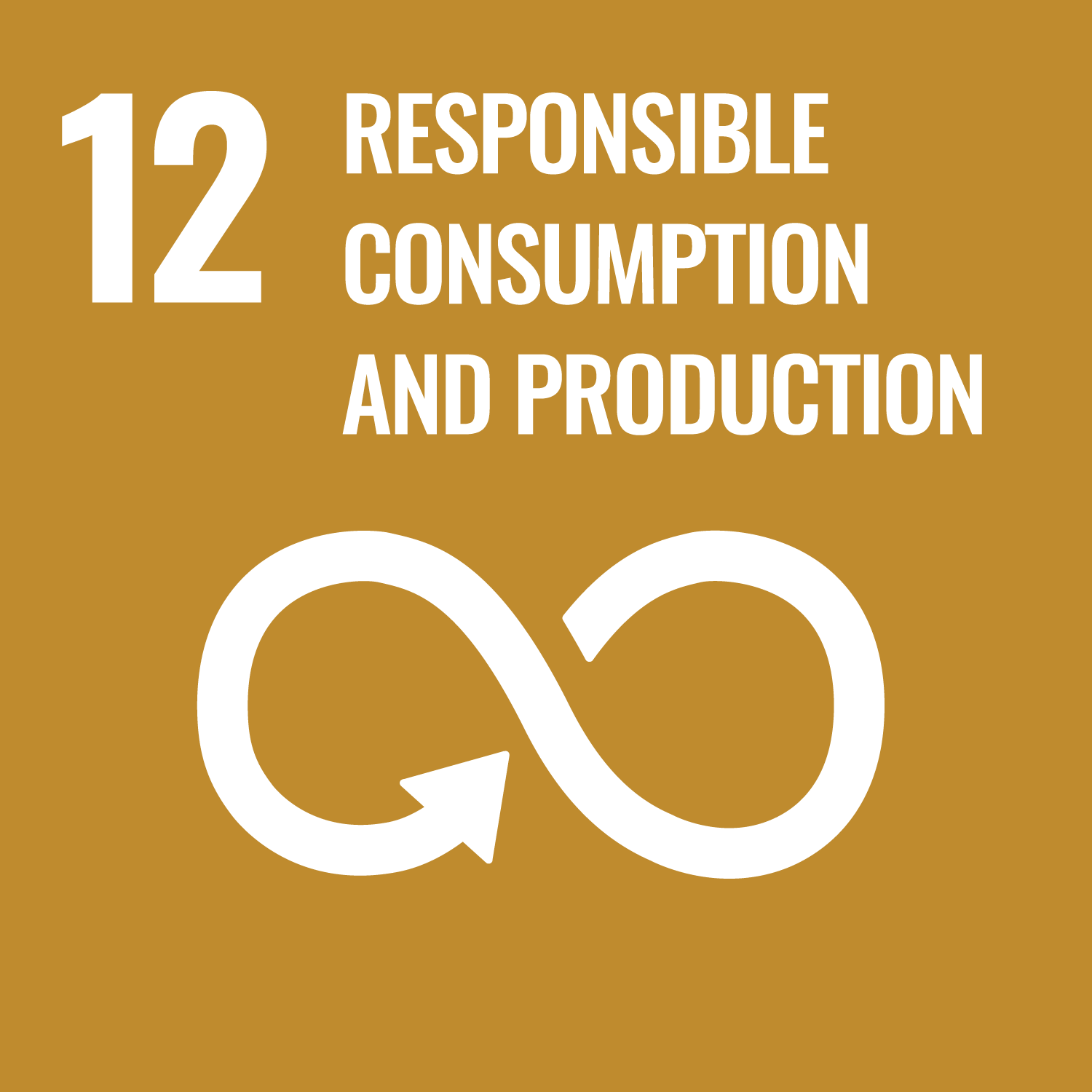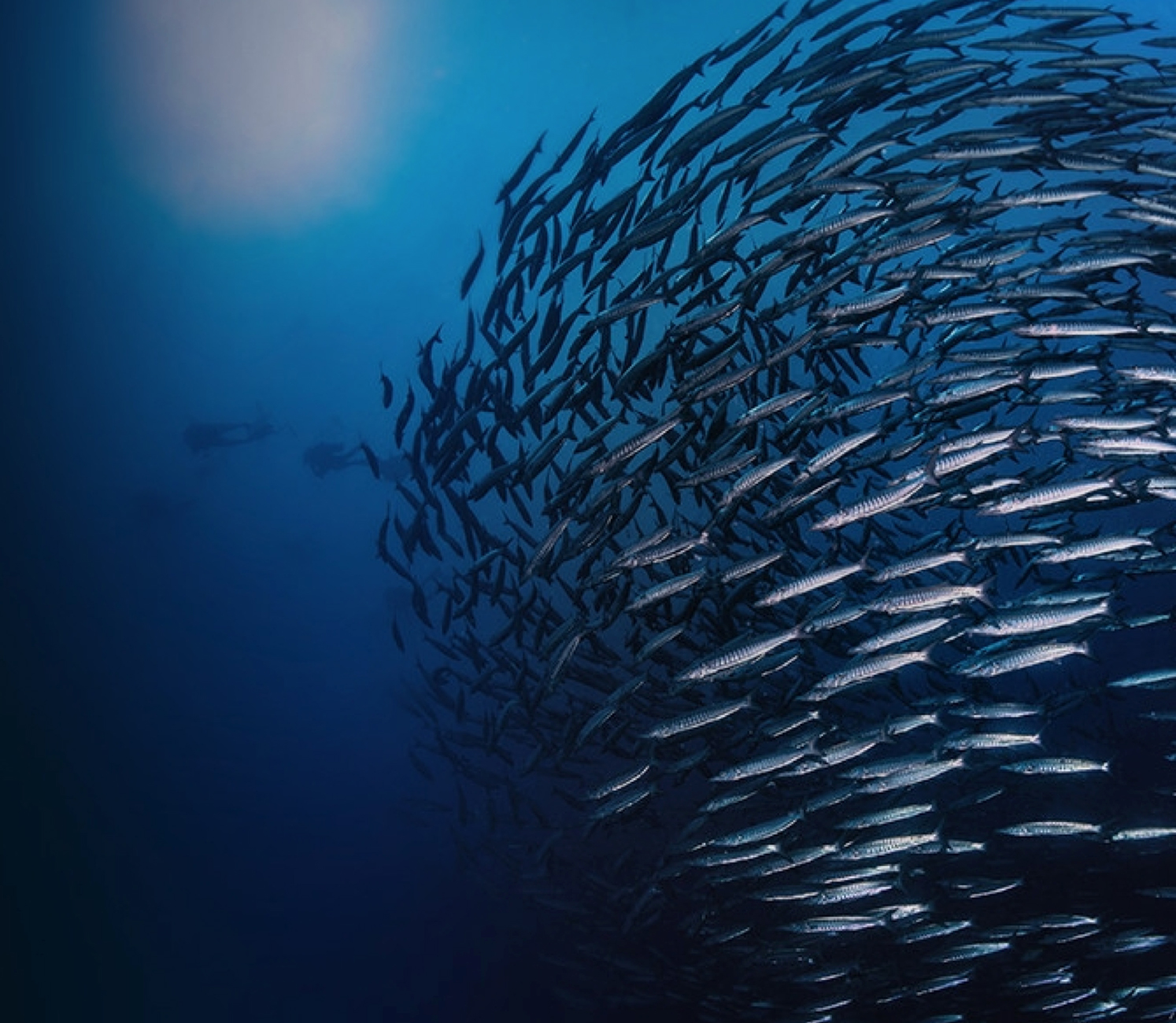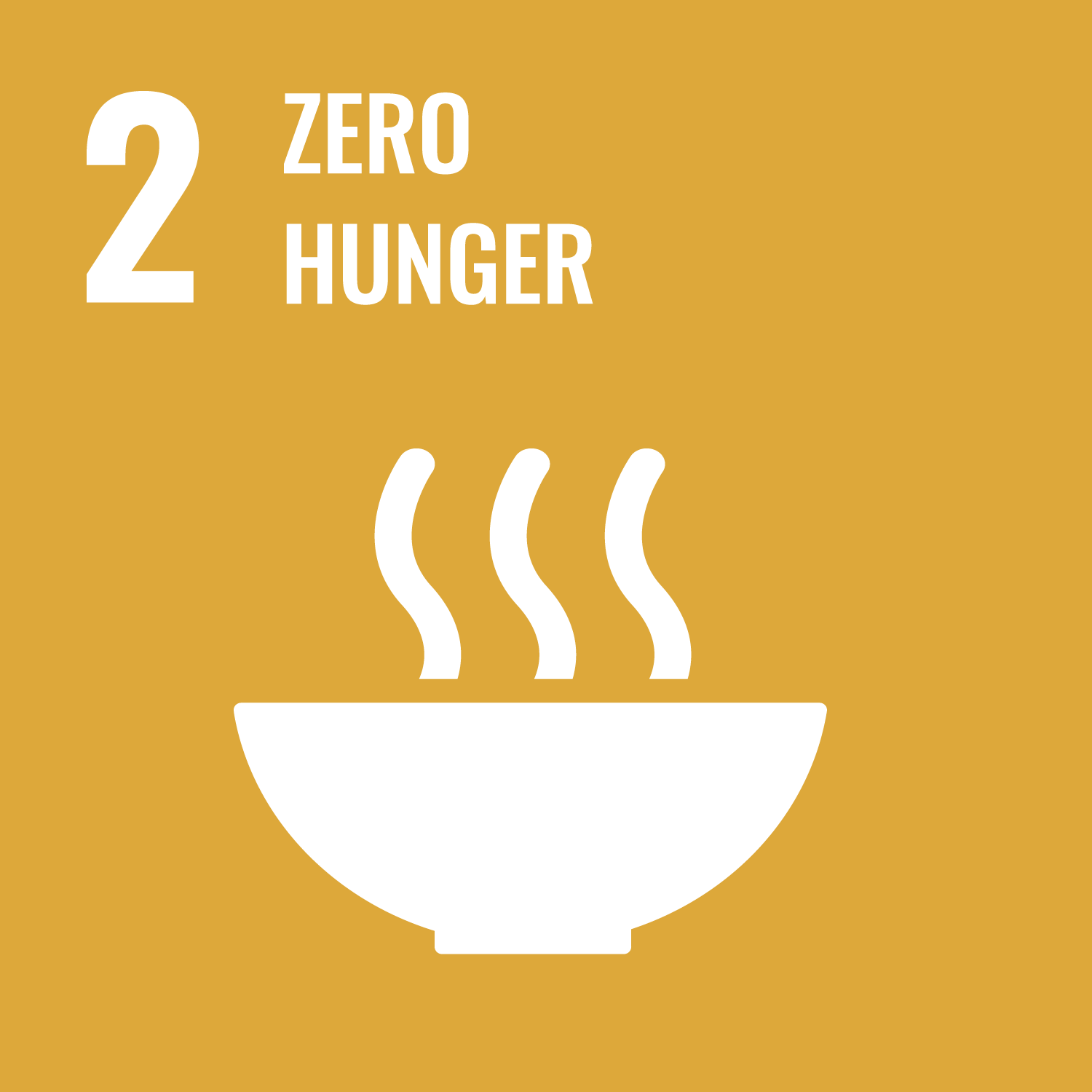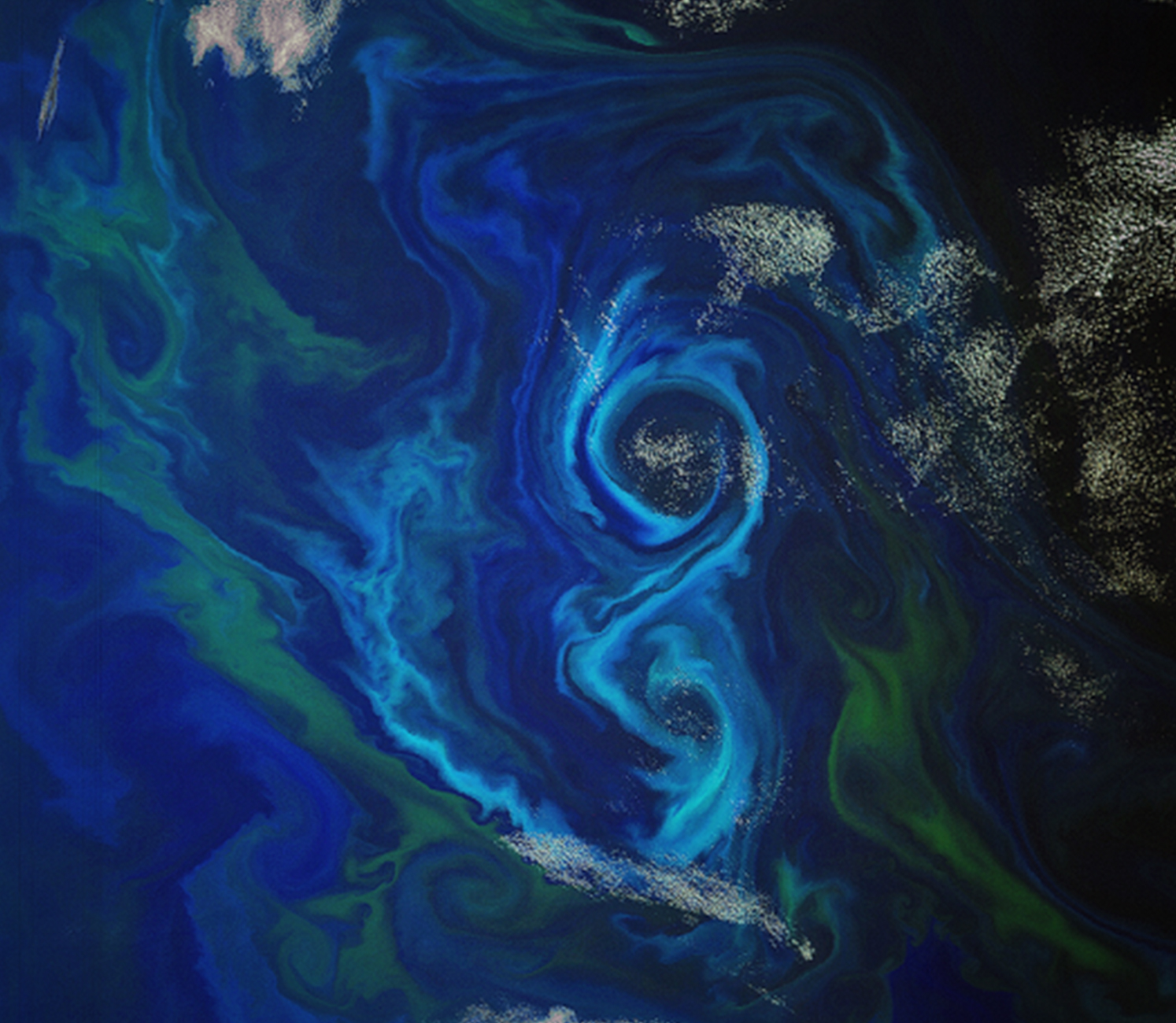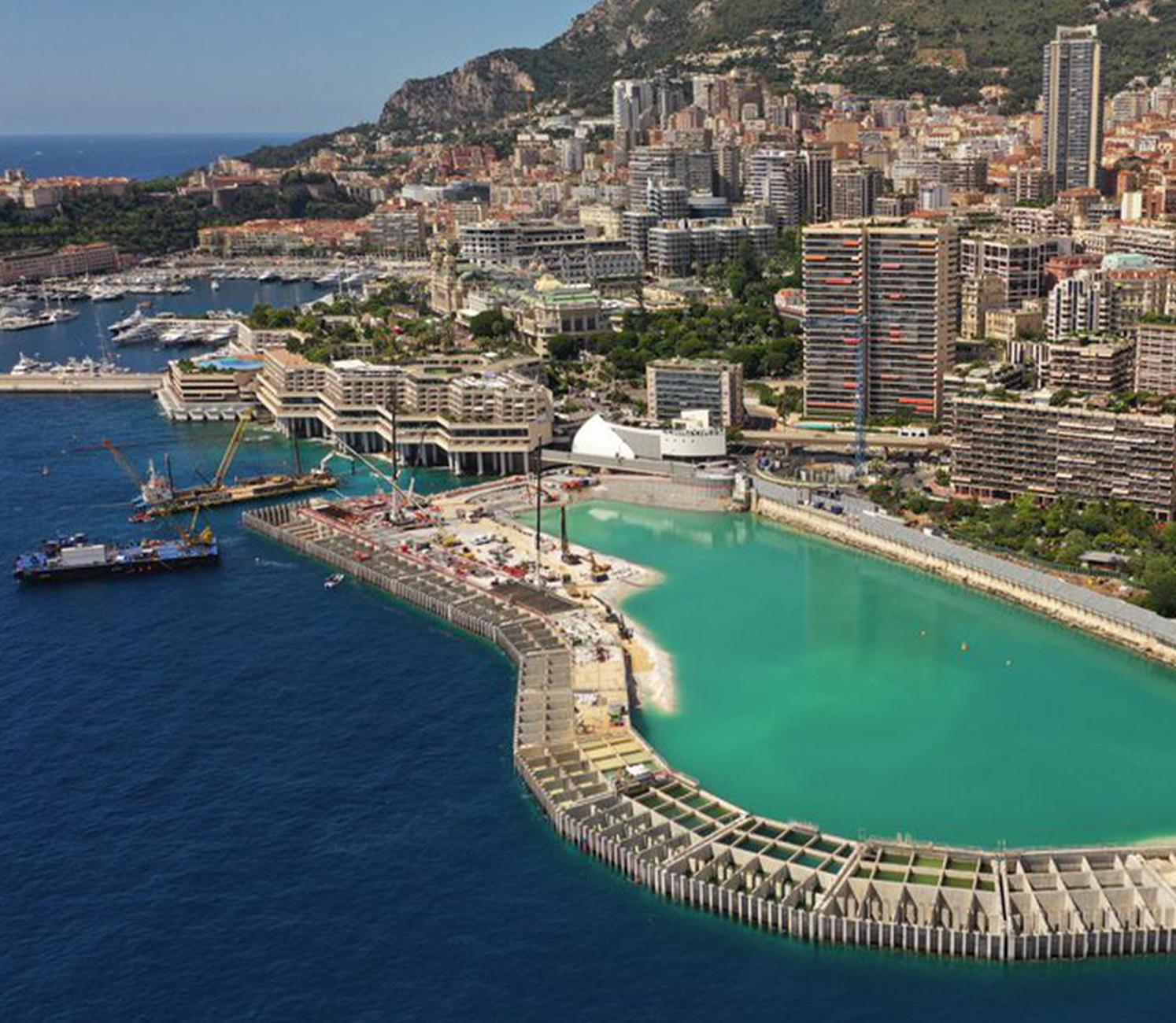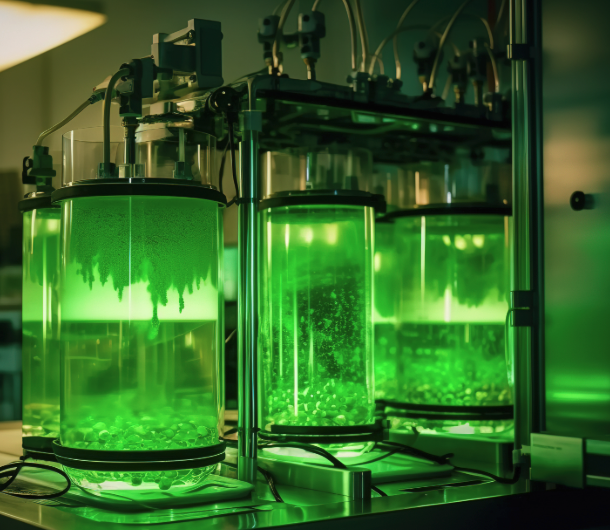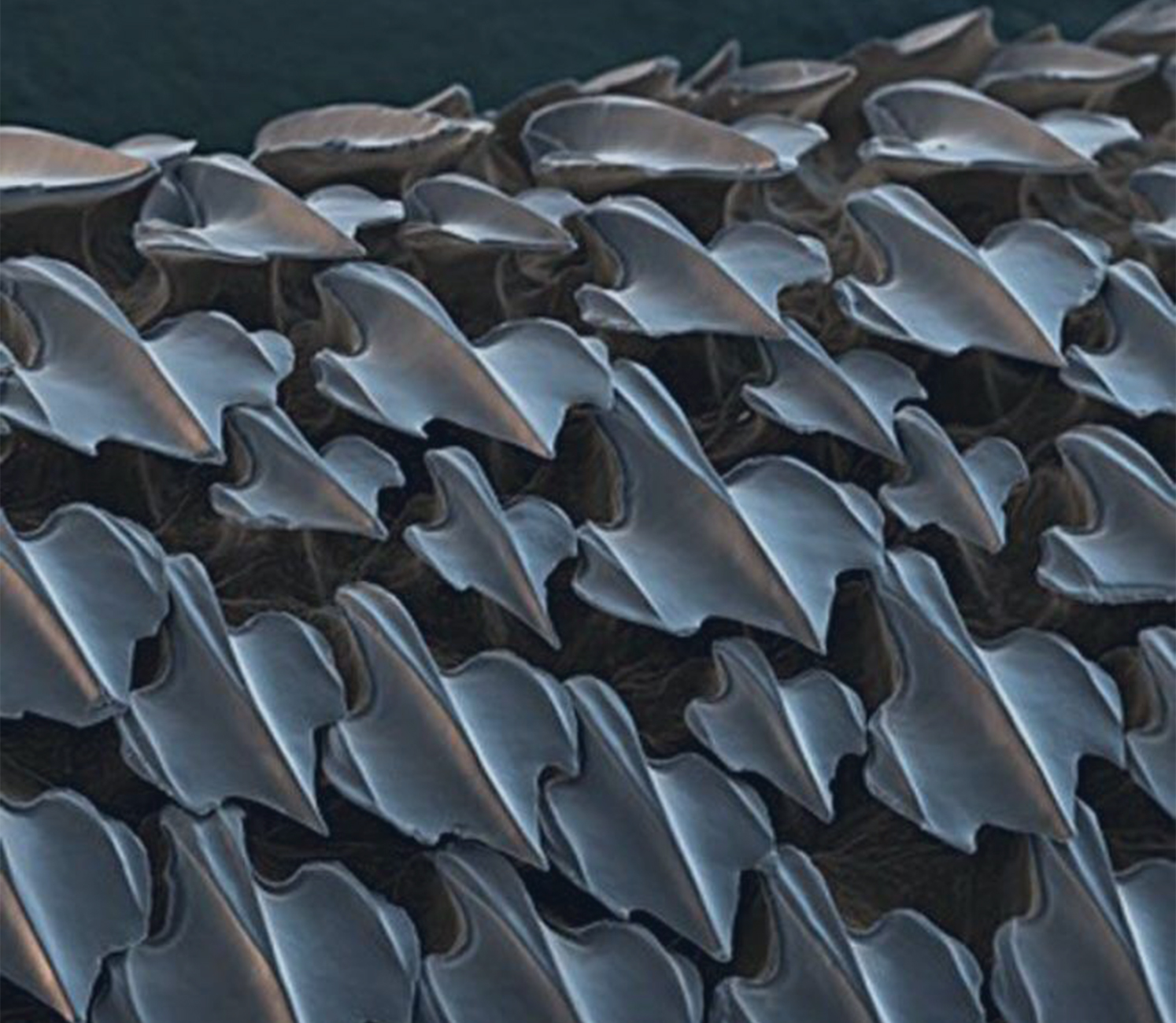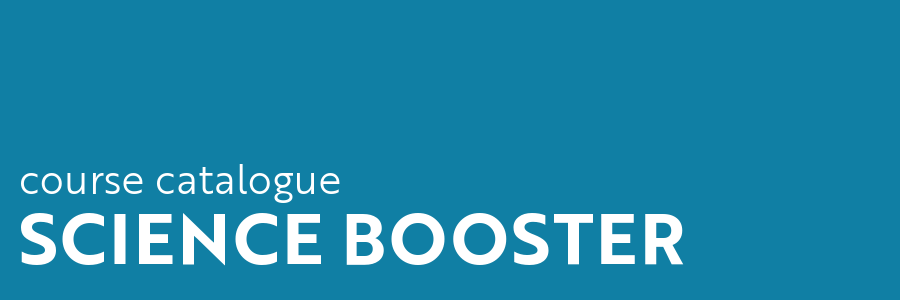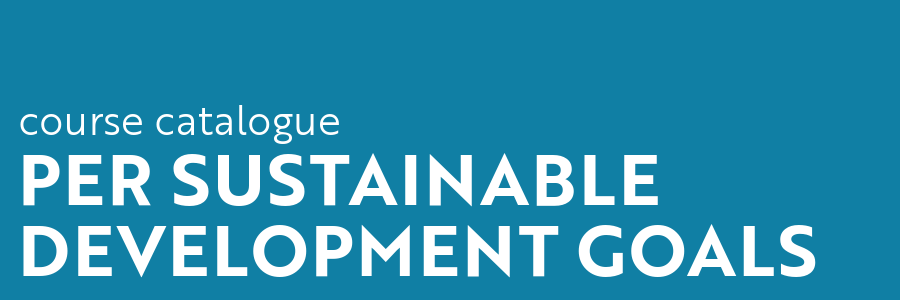MSc Ocean Science, Conservation & Innovation

COURSE CATALOGUE
SCIENCE & SOCIETY
Semester 1
- MARECO | Marine Ecology & Conservation
-
MARINE ECOLOGY & CONSERVATION
MARECO, the introductory module in marine ecology, outlines key marine patterns, processes, and ecosystems, equipping students with tools for their study. It also examines global human-induced threats and conservation strategies, with a special emphasis on Marine Protected Areas (MPAs) and habitat restoration.program: Science & Society
code name: MARECO
module family: #Marine Biology #Science & Society
credits: 4 ECTS
semester: Fall (semester 1)► More about this moduleUN Sustainable Development Goals:
- DEPICT | Depict Marine Biodiversity
-
DEPICT MARINE BIODIVERSITY
DEPICT offers a comprehensive approach to the study of marine biodiversity through a dual morphological and molecular approach to its description, and through a quantitative approach using numerical metrics
program: Science & Society
code name: DEPICT
module family: #Marine Biology
credits: 4 ECTS
semester: Fall (semester 1)► More about this moduleUN Sustainable Development Goals:
- SCAN | The Scientific Adventure
-
THE SCIENTIFIC ADVENTURE
SCAN aims to appreciate the scientific approach as a whole, from the sampling strategy and experimental design, to data analysis (hypothesis, sampling plan, data collection, descriptive statistics, inferential statistics) and communication of results. A 4-day mission at sea in the Lerins Islands allows students to collect their own data which they then analyze and communicate.
program: Science & Society
code name: SCAN
module family: #Environment & Data Analysis
credits: 6 ECTS
semester: Fall (semester 1)► More about this moduleUN Sustainable Development Goals:
- BLUE | Blue Sustainable Development
-
BLUE SUSTAINABLE DEVELOPMENT
As the intersection of science, environment and socio-economics at sea, BLUE explores how these interdisciplinary dimensions combine for community development and marine ecosystem conservation. It introduces the economics of the ocean and provides a foundation in environmental economics and ecosystem services with recent case studies.
program: Science & Society, Blue Managers
code name: BLUE
module family: #Science & Society
credits: 6 ECTS
semester: Fall (semester 1)► More about this moduleUN Sustainable Development Goals:
- MARCEL | Marine Resource & Environmental Law
-
MARINE RESOURCE & ENVIRONMENTAL LAW
The law of the sea and marine resources is presented in MARCEL through the dimension of international law and its application at the national and regional regulatory levels. This module aims at understanding how the different actors can combine their actions at sea, and what can and cannot be done with regard to marine resources.
program: Science & Society, Blue Managers
code name: MARCEL
module family: #Law
credits: 4 ECTS
semester: Fall (semester 1)► More about this moduleUN Sustainable Development Goals:
- SKILLS | Transferrable Skills
-
TRANSFERRABLE SKILLS
SKILLS equips students with a set of tools in Information Systems (R, GIS), Personal Development (project management, career development, presentation coaching) and Social Science (citizen science, social surveys, indigenous & local knowledge, public communication, ethics).
program: Science & Society, Blue Managers
code name: SKILLS
module family: #Science&Society
credits: 4 ECTS
semester: Fall (semester 1) - CAPS1 | Capstone - phase 1
-
CAPSTONE - phase 1
Throughout their master's journey, students are required to apply the interdisciplinary knowledge they acquire in a cohesive manner. In the initial phase, they must produce a porfolio as a reflection on how the various elements learned in the first semester—spanning both science and socio-economics—integrate to form a comprehensive understanding.
program: Science & Society
code name: CAPS1
module family: #Personal Development
credits: 1 ECT
semester: Fall (semester 1) - IMMERS1 | Immersion Project - phase 1
-
IMMERSION PROJECT - phase 1 (warm up)
During the first part of their immersion project, students work with their 2nd-year teammates to prepare their internship through the production of their "initial project plan". All Mondays are dedicated to the advancement of the project
program: Science & Society
code name: IMMERS1
module family: #Personal Development
credits: 1 ECT
semester: Fall (semester 1)
► More about this module
- REMOTE | Response of the Organisms to the Environment
-
RESPONSE OF THE ORGANISMS TO THE ENVIRONMENT
In a changing world, this module addresses the principles of marine ecophysiology and ecotoxicology by describing the response strategies of marine organisms to environmental perturbations: from interspecific interactions to climate change and marine pollution.program: Science & Society
code name: REMOTE
module family: #Marine Biology
credits: 6 ECTS
semester: Spring (semester 2)► More about this moduleUN Sustainable Development Goals:
- MALM | Multivariate Analysis & Numerical Modeling
-
MULTIVARIATE ANALYSIS & NUMERICAL MODELING
In continuity with the SCAN module, MALM further develops the quantitative elements of the study of the environment with multivariate analysis tools, and a numerical modeling approach in marine biology and ecology.program: Science & Society
code name: MALM
module family: #Environment & Data Analysis
credits: 5 ECTS
semester: Spring (semester 2)UN Sustainable Development Goals:
- NARVAL | Natural Resource Valorization
-
NATURAL RESOURCE VALORIZATION
In a first approach to marine biotechnology, NARVAL aims to highlight the bioactive molecules produced by marine organisms in natural products used for human well-being (pharmaceuticals, cosmetics, neutraceuticals...). This module therefore links natural products used in everyday life to their taxonomic origin with a focus on the associated nomenclature.
program: Science & Society, Blue Managers
code name: NARVAL
module family: #Chemistry & Biotechnology
credits: 3 ECTS
semester: Spring (semester 2)► More about this moduleUN Sustainable Development Goals:
- ENOV1 | Entrepreneurship & Innovation - phase 1
-
ENTREPRENEURSHIP & INNOVATION - phase 1 (sandbox)
ENOV1 provides students with the necessary toolbox to develop entrepreneurship and innovation related to marine resources. The basics of business model design, marketing and operations management are introduced. Personalized coaching is offered by experts in entrepreneurship, marine resource development and communication to develop a sandbox project.program: Science & Society, Blue Managers
code name: ENOV1
module family: #Science & Society
credits: 3 ECTS
semester: Spring (semester 2)► More about this moduleUN Sustainable Development Goals:
- CAPS2 | Capstone - phase 2
-
CAPSTONE - phase 2
In the second phase, students create a poster and dossier, deepening their reflection on integrating first-year learnings across science and socio-economics into a unified understanding.
program: Science & Society
code name: CAPS2
module family: #Personal Development
credits: 3 ECTS
semester: Spring (semester 2) - IMMERS2 | Immersion Project - phase 2
-
IMMERSION PROJECT - phase 2 (operational)
In January and February, students in 1st year continue to prepare their internship one day per week. All Mondays are still dedicated to the project advancement. From March, students are in internship for 4 to 6 months, this is the most operational phase of their project.
program: Science & Society
code name: IMMERS2
module family: #Personal Development
credits: 10 ECTS
semester: Spring (semester 2)
► More about this module
- FIREBAC | Fisheries Biology, Conservation & Management
-
FISHERIES BIOLOGY, CONSERVATION & MANAGEMENT
FIREBAC offers insights into fisheries' scientific and socio-economic facets, covering the biology and ecology of exploited species, fishing gears, techniques, monitoring, effects on marine ecosystems, socio-economic impacts of global changes, and aquaculture and aquariology's role in food and research. Students interact with professionals from small-scale to industrial fishing sectors.program: Science & Society
code name: FIREBAC
module family: #Marine Biology #Science & Society
credits: 6 ECTS
semester: Fall (semester 3)► More about this moduleUN Sustainable Development Goals:
- SENSAI | Ocean Remote Sensing & Artificial Intelligence
-
OCEAN REMOTE SENSING & ARTIFICIAL INTELLIGENCE
SENSAI examines the use of remote sensing and AI in enhancing ocean knowledge, management, and socio-economic applications for fisheries, aquaculture, and planning, through partnerships with Copernicus Academy and ACRI-ST, aiming for improved understanding, protection, and resource utilization.
program: Science & Society, Blue Managers
code name: SENSAI
module family: #Marine Biology #Environment & Data Analysis
credits: 4 ECTS
semester: Fall (semester 3)► More about this moduleUN Sustainable Development Goals:
- EQUAL | Environmental Quality & Impact Assessment
-
ENVIRONMENTAL QUALITY & IMPACT ASSESSMENT
EQUAL prepares students for environmental consultancy careers by introducing marine ecological quality and environmental impact assessment (EIA) concepts and methods from academic, regulatory, and operational perspectives, covering research, legal and policy frameworks, and consulting practices.
program: Science & Society, Blue Managers
code name: EQUAL
module family: #Environment & Data Analysis
credits: 4 ECTS
semester: Fall (semester 3)► More about this moduleUN Sustainable Development Goals:
- MARTEK | Practical Marine Biotechnology
-
PRACTICAL MARINE BIOTECHNOLOGY
MARTEK offers expertise in chemical engineering and marine biotechnology, emphasizing algae-related opportunities. Students explore the bioprospecting pipeline, visit professional settings, and apply lab techniques to extract and identify molecules beneficial for human health.
code name: ACID
module family: #Chemistry & Biotechnology
credits: 4 ECTS
semester: Fall (semester 3)► More about this moduleUN Sustainable Development Goals:
- UNEX | Unexpected potentials of Marine Resources
-
UNEXPECTED POTENTIALS OF MARINE RESOURCES
UNEX provides fresh perspectives on marine resources through guest lectures on bioinspiration. Students design a marine organism-inspired solution, developing business and communication plans in parallel with ENOV2. They conclude the module by hosting a seminar with chosen speakers and creating outreach materials.
program: Science & Society
code name: UNEX
module family: #Marine Biology #Science & Society
credits: 3 ECTS
semester: Fall (semester 3)► More about this moduleUN Sustainable Development Goals:
- ENOV2 | Entrepreneurship & Innovation - phase 2
-
ENTREPRENEURSHIP & INNOVATION - phase 2 (real world)
After the basics laid in the ENOV1 module, ENOV2 allows students to apply the entrepreneurial or associative solution whose scientific aspects are developed in parallel in the UNEX module. In particular, ENOV2 offers advanced coaching to make their own project effective.
program: Science & Society, Blue Managers
code name: ENOV2
module family: #Science & Society
credits: 2 ECTS
semester: Fall (semester 3)► More about this moduleUN Sustainable Development Goals:
- CAPS3 - Capstone project - phase 3
-
CAPSTONE - phase 3
In the third phase, students update their skill and knowledge portfolio post-third semester classes, further reflecting on the integration of learned elements into a cohesive understanding.
program: Science & Society
code name: CAPS3
module family: #Personal Development
credits: 1 ECT
semester: Fall (semester 3) - IMMERS3 | Immersion Project - phase 3
-
IMMERSION PROJECT - phase 3 (polish-up & coach)
In their 3rd semester, students dedicate one day per week to enhance and better value their internship work. They also potentially mentor first-year students taking over their projects. Final presentations and reports are due in December.
program: Science & Society
code name: IMMERS3
module family: #Personal Development
credits: 6 ECTS
semester: Fall (semester 3)
► More about this module
- CAPS4 - Capstone project - phase 4
-
CAPSTONE - phase 4
Upon completing their studies, students should possess a thorough interdisciplinary understanding of ocean science, conservation, and innovation, demonstrated through a poster and a dossier that reflects on the integration of various learned elements into a cohesive understanding.
program: Science & Society
code name: CAPS4
module family: #Personal Development
credits: 3 ECTS
semester: Spring (semester 4)
► More about this module - THESIS | Master thesis
-
MASTER THESIS
The final semester is devoted to a master thesis internship, where students independently apply course-acquired techniques and knowledge under a supervisor's guidance. They engage in critical thinking to test hypotheses, culminating in a scientifically presented report. Results are also shared and discussed at a thesis symposium.
program: Science & Society
code name: THESIS
module family: #Personal Development
credits: 27 ECTS
semester: Spring (semester 4)
► More about this module

















